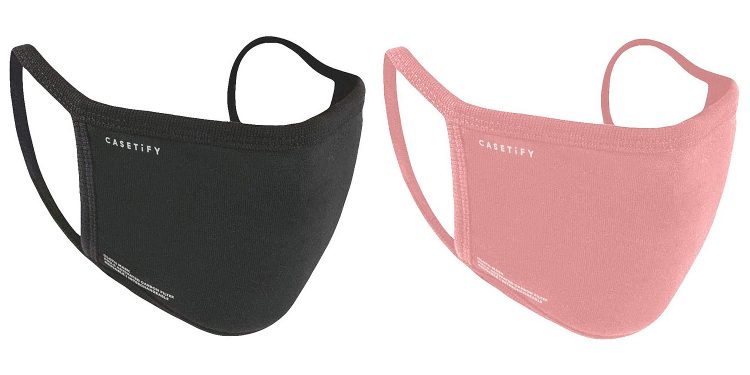Washington: Reusable cloth masks may be effective up to a year. This is because washing and drying does not reduce their ability to filter out viral particles. However, after a year reusable cloth masks become useless, according to a study. The findings about these types of cloth masks have been published in the journal ‘Aerosol and Air Quality Research’. It also confirms previous studies that layering a cotton mask on top of a surgical mask – properly fit on one’s face – provides more protection than cloth alone.
“It is good news for sustainability. That cotton masks that you have been washing, drying and reusing? It’s probably still fine – don’t throw it away,” said study lead author Marina Vance. She is an assistant professor at the University of Colorado Boulder in the US.
Since the start of the pandemic, an estimated 7,200 tonne of medical waste has been generated every day. Most of them are disposable masks, the researchers said.
“We were really bothered during the beginning of the pandemic, when going out, and seeing all these disposable masks littering the environment,” said Vance.
The researchers created double-layered squares of cotton, put them through repeated washing and drying for a year. They tested them between about every seven cleaning cycles. The masks were mounted on one end of a steel funnel. Through the funnel the researchers could control a consistent flow of air and airborne particles.
They tested the masks using realistic to real-life conditions. They were tested with high humidity levels and temperatures to mimic the impact on the mask from our breathing.
The cotton fibres started falling apart over time after repeating washing and drying. However, the researchers found that did not significantly affect the cloth’s filtration efficiency.
The only noticeable change was that inhalation resistance slightly increased. It meant that one may feel a bit more difficult to breathe through the masks after some wear and tear.
A key caveat, the researchers noted, is that they conducted the testing using a ‘perfect fit’ in the lab. “We’re assuming there are no gaps between the mask material and the person’s face,” said Vance.
The study found that the cotton cloth masks filtered out up to 23 per cent of the smallest particle size of 0.3 microns on which the virus can travel. Bandanas filtered even less, at only nine per cent.
In comparison, cotton masks on top of surgical masks reached close to 40 per cent filtration efficiency, the researchers said. KN95 and N95 masks performed the best, filtering out 83-99 per cent of these particles, they said.
This study found that cloth masks alone provide less protection from the virus than a layered approach or disposable masks. “I think the best mask might be the one that you’re actually going to wear. And that is going to fit snugly against your face without being too uncomfortable,” Vance informed.






































